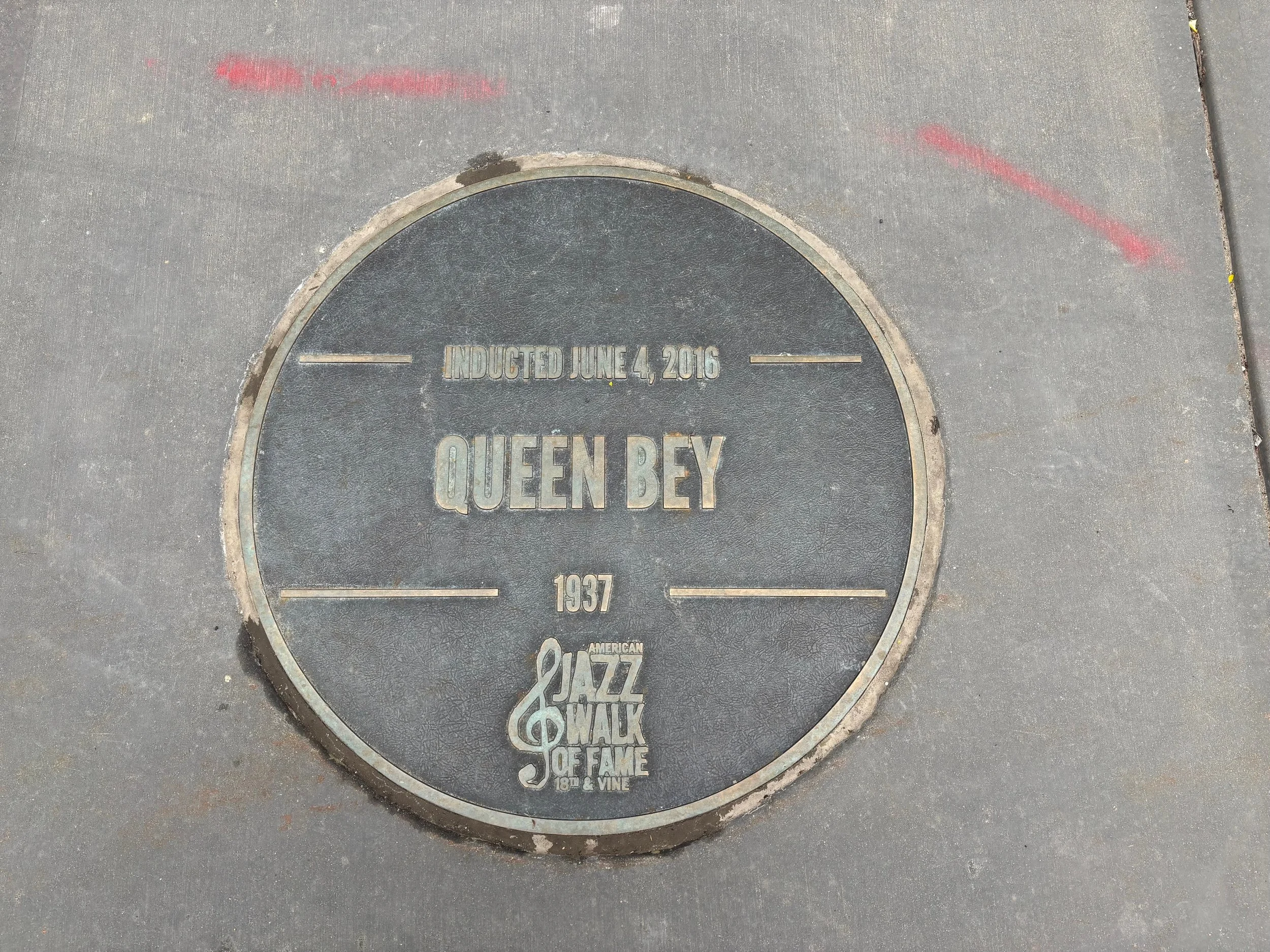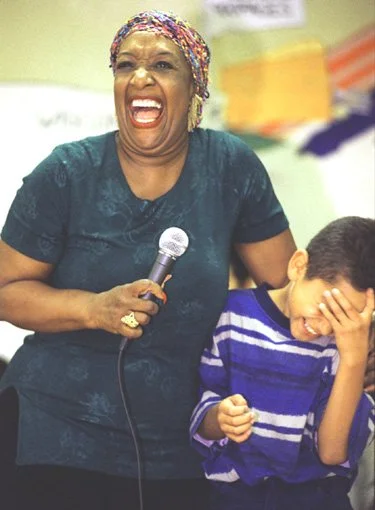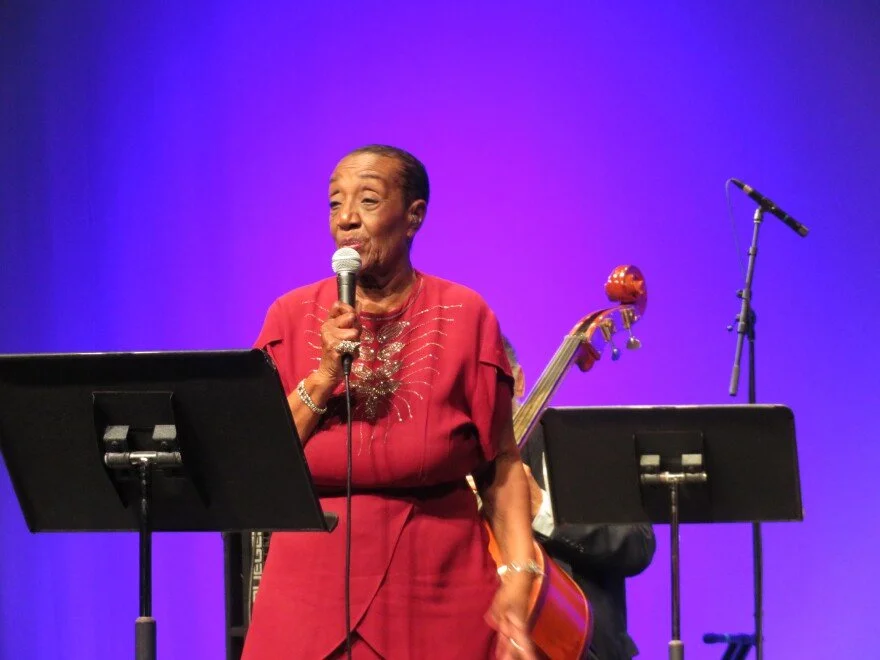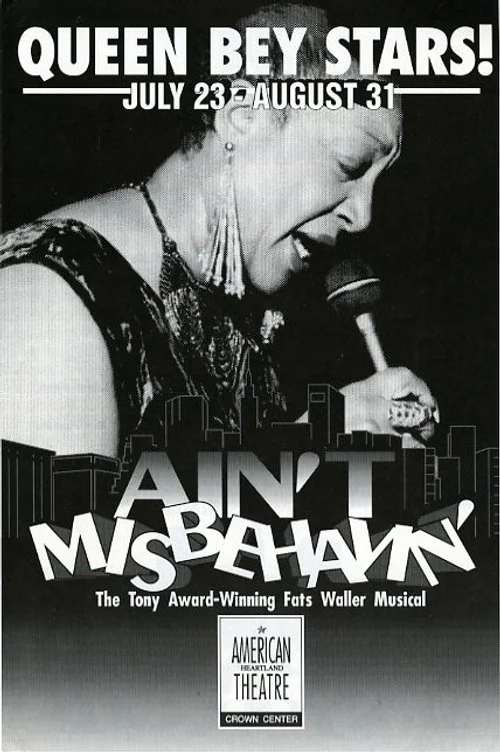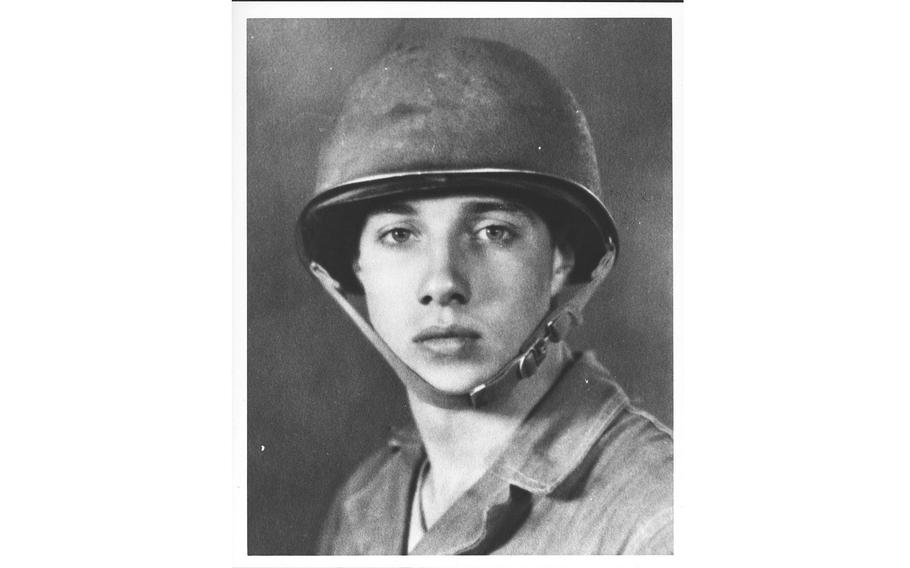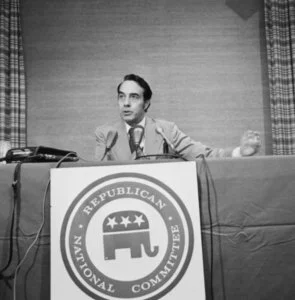The 1964 election was a disaster for Republicans. Lyndon Johnson crushed Arizona Sen. Barry Goldwater with 61% of the vote. Goldwater only carried six states. It was the biggest landslide since Franklin Roosevelt crushed Kansas Gov. Alf Landon in 1936. But, out in western Kansas, Bob Dole was bucking the trend as he sought another term in the House.
Even though he was doing better than most Republicans, Dole was still in a very close race with a relatively unknown Democrat named Bill Bork.
How close was it? So close that Dole barely won his home county of Russell and lost nearby Saline County. In the end, he was reelected 51 to 49 percent, a margin of about five-thousand votes in the 58 county 1st District.
Dole was now a bit of a rising star in the GOP. After surviving the LBJ landslide, he had a lot of agitating to do against Johnson Administration’s Great Society programs. To a group of young Republicans in Wichita he warned LBJ’s plan would make “America the land of plenty, owe plenty, tax plenty and spend plenty.” He called it, the “Great Anxiety.” You can almost hear him saying it on a late night talk show. But he was conflicted by part of the civil rights act of 1966.
While he voted yes on voting rights in 1965 he voted no on fair housing in 1966, suggesting it violated people’s property rights. If the 1964 campaign was a nail bitter for the man from Russell, the 1966 campaign was a cake walk. He beat a woman named Berniece Henkle from Great Bend, the wife of former Kansas Lt. Governor Joseph Henkle, with almost 70 percent of the vote. Now, Dole could seriously think about his next political move.


